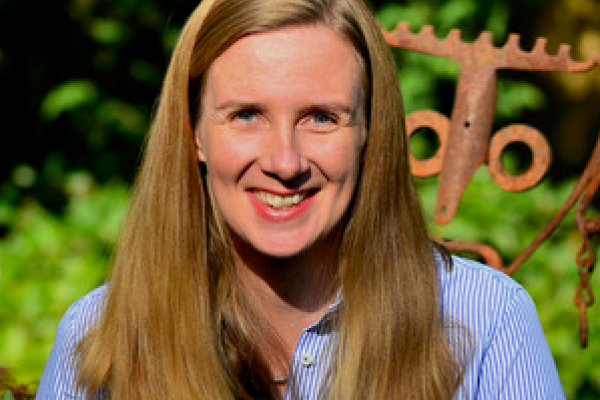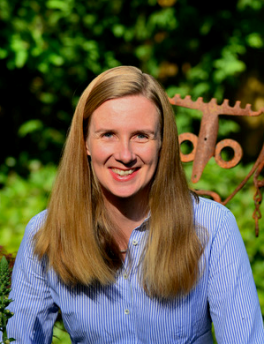
Dr. Elisabeth Krause
University of Arizona
Large-Scale Structure Cosmology: Opportunities in the Systematics-Limited Regime
Location: 1080 Physics Research Building, Smith Seminar Room
Faculty Host: Amy Connolly

Abstract: Over the next decade, large galaxy surveys will map billions of galaxies and probe cosmic structure formation with high statistical precision. This talk will outline opportunities and challenges of cosmological analyses in the presence of complex systematic effects using recent results from the Dark Energy Survey as pathfinder examples. In particular, I will describe different cosmological probes measured from photometric data and summarize the recent progress on combining galaxy clustering, weak lensing, cluster clustering and cluster abundances, as well as constraints on baryons and galaxy biasing from small scales. I will conclude with an outlook on cosmology analysis plans and challenges for future, much larger experiments such as Rubin Observatory’s LSST, Roman Space Telescope and overlapping Cosmic Microwave Background surveys.
Bio: Elisabeth Krause is an Associate Professor in Astronomy and Physics at the University of Arizona. She received her Ph.D. in 2012 from Caltech. After postdoctoral positions at UPenn, Stanford, and JPL, she joined the faculty at Arizona in 2018. Her research of combining different cosmology observations is at the intersection of observational and theoretical cosmology. Her research group at UA is currently involved in the Dark Energy Survey, the Rubin Observatory’s Legacy Survey of Space and Time, the SPHEREx mission, and the Roman Space Telescope. Since starting her research group at UA, her research contributions have been recognized by multiple awards, including the 2022 Universities Research Association Early Career Award, a 2021 Sloan Research Fellowship, and a 2020 Packard Fellowship for Science and Engineering. You can find more information about her group and her work on her website.
